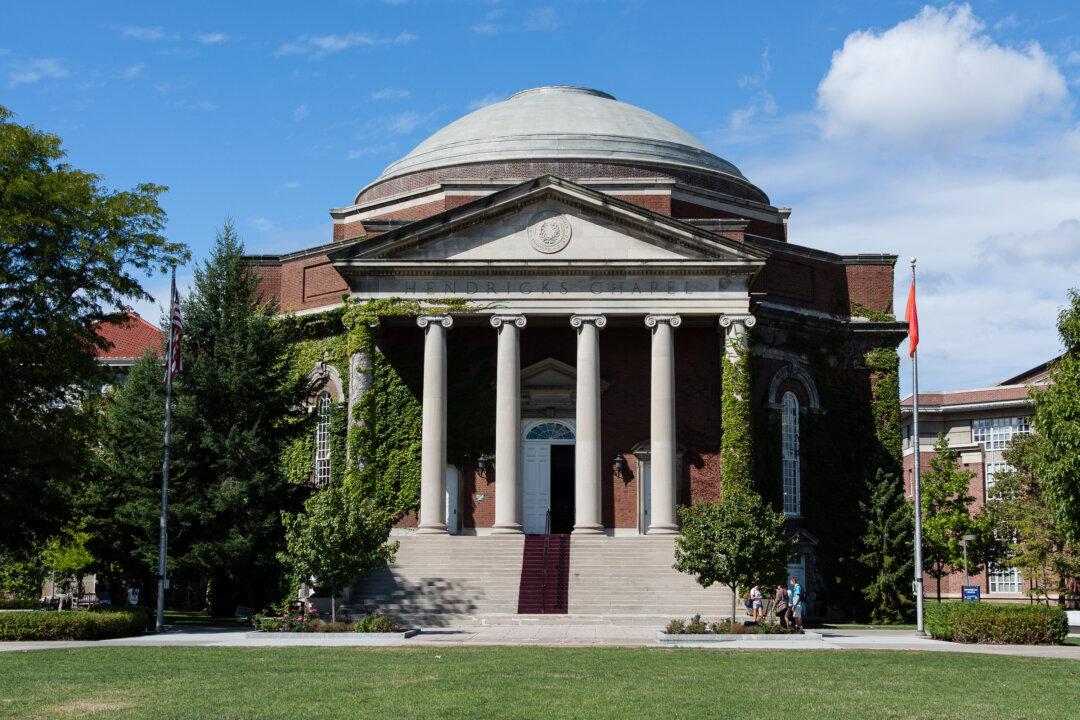Syracuse University, with a record of censoring offensive speech, is defending a professor’s social media posts about the 9/11 terrorist attacks that many found offensive.
In a Twitter thread that is now private, Jenn M. Jackson wrote that Americans “have to be more honest” about the nature of the horrific events of Sept. 11, 2001. “It was an attack on the heteropatriarchal capitalistic systems that America relies upon to wrangle other countries into passivity,” she claimed. “It was an attack on the systems many white Americans fight to protect.”





